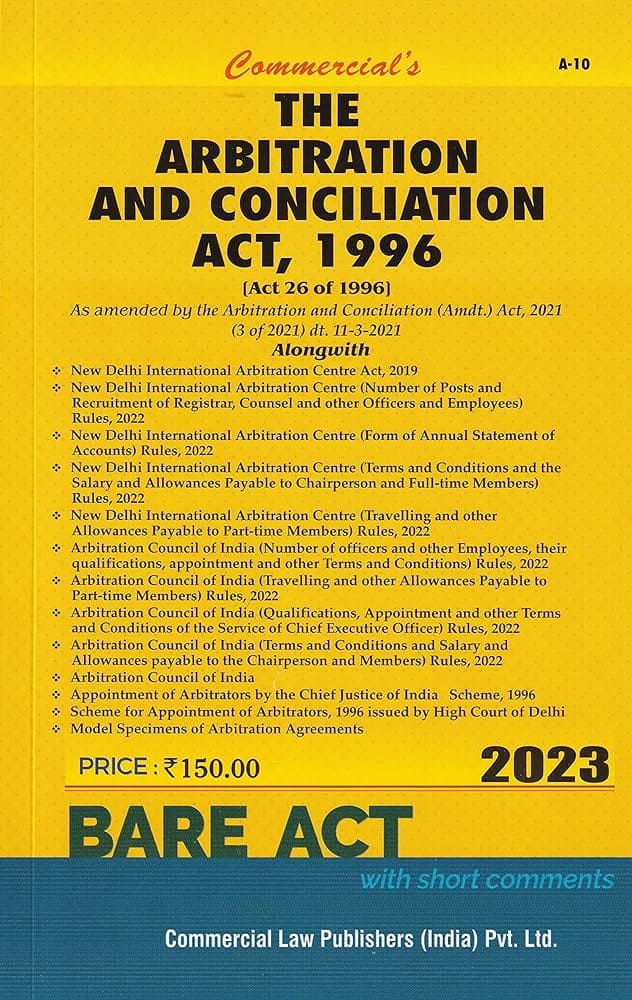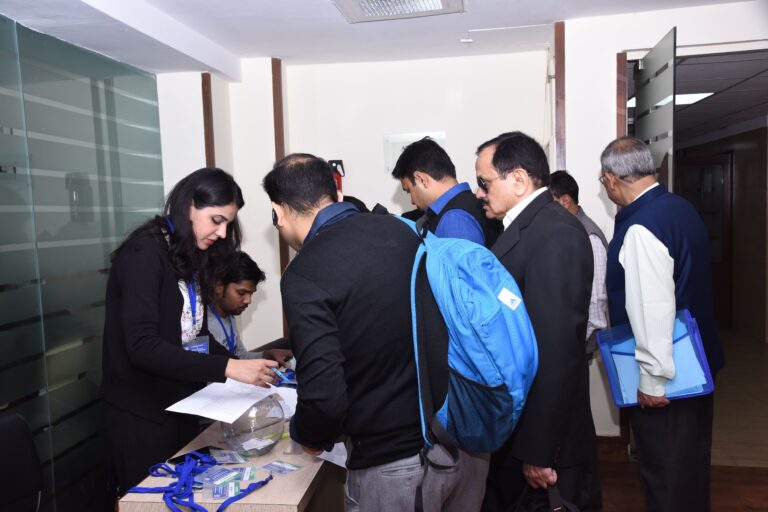Articles

Navigating the Enforcement of Arbitral Awards : A Comprehensive Guide
Posted on 17 Dec 2023
The effectiveness of arbitration ultimately depends on the enforceability of arbitral awards.
In this article, we explore the legal framework and practical considerations surrounding the enforcement of arbitral awards in India.
1. Legal Framework:
- The enforcement of arbitral awards in India is governed primarily by the Arbitration and Conciliation Act, 1996. This legislation incorporates the principles of the UNCITRAL Model Law on International Commercial Arbitration, providing a robust legal framework for arbitration proceedings.
2. Domestic Enforcement:
- Under the Arbitration Act, a party seeking enforcement of a domestic arbitral award must file an application before the appropriate court, typically the competent civil court specified in the arbitration agreement or as per jurisdictional rules.
- The court will examine the award to ensure it meets the requirements of the Act and does not fall under any grounds for challenge or refusal specified in Section 34 of the Act.
- Once satisfied, the court will issue a decree in terms of the award, making it enforceable as if it were a decree of the court.
3. International Enforcement:
- The enforcement of foreign arbitral awards in India is governed by the New York Convention on the Recognition and Enforcement of Foreign Arbitral Awards, to which India is a signatory.
- A party seeking enforcement of a foreign arbitral award must file an application before the appropriate court, typically the relevant high court having jurisdiction over the subject matter of the dispute.
- The court will examine the award to ensure it meets the criteria set forth in the New York Convention and does not fall under any of the grounds for refusal specified therein.
- If the court finds the award enforceable, it will issue a decree of enforcement, allowing the successful party to execute the award as if it were a decree of the court.
4. Challenges and Grounds for Refusal:
- While India generally upholds a pro-enforcement stance, there are limited grounds on which enforcement of arbitral awards may be challenged or refused.
- These grounds include issues such as procedural irregularities, public policy considerations, lack of jurisdiction, or incapacity of the parties.
5. Practical Considerations:
- Enforcement proceedings in India can be complex and time-consuming, requiring careful strategic planning and legal representation.
- Parties should be prepared to navigate procedural requirements, potential challenges, and jurisdictional nuances to ensure successful enforcement of arbitral awards.
- Engaging experienced legal counsel familiar with Indian arbitration law and enforcement procedures can significantly enhance the efficiency and likelihood of success in enforcement proceedings.
Conclusion:
The enforcement of arbitral awards in India is governed by a robust legal framework that ensures the finality and enforceability of arbitration outcomes. While challenges may arise, parties can navigate the enforcement process effectively by understanding the legal requirements, addressing potential grounds for refusal, and seeking strategic legal advice. Ultimately, a proactive approach to enforcement can help parties safeguard their rights and interests in arbitration proceedings.








